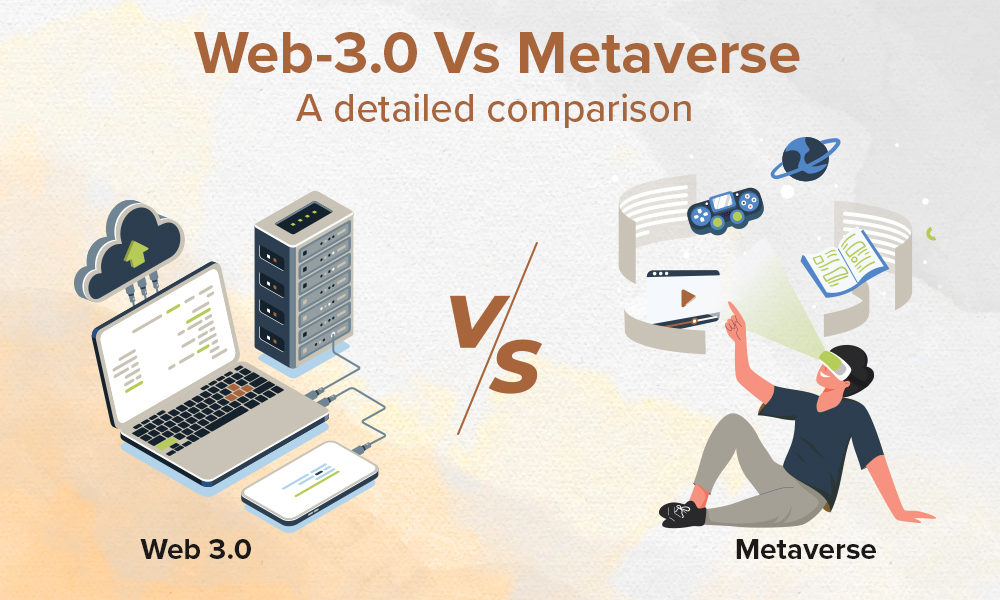Know Your Customers (KYC) and Anti-Money Laundering (AML) are some of the most critical compliances all banks and financial institutions must adhere to. To meet KYC/AML compliances, they are required to maintain specific records of their customers to prevent money laundering, terrorist activities, and identity theft.
Some major banks and FIs spend up to $500 million annually on KYC and AML, according to Thomson Reuters, mentioned by Forbes. On average, financial institutions spend around $60 million per year on KYC compliance. As the regulatory regimes become complicated and rigid, the compliance cost, as well as the time involved to meet them, will continue to rise. In addition to the massive cost, the existing KYC processes contain certain inefficiencies, such as:
- the duplication of KYC compliance work conducted within and between FIs
- inconsistent data between FIs and regulators, as keeping the information up to date is a long and tedious process
- a considerable amount of time and resources are put on manual validation and coordination of processes
Due to these pressing issues plaguing the current systems, redefining the standards is one of the top priorities for banks and financial institutions. These could be made more efficient and cost-effective with the use of blockchain technology.
Running KYC/AML checks on blockchain
Blockchain as a technology can go about as a secure and effective way to store data which is used for KYC/AML compliance. The information collected by banks and FIs about the customer would be stored in one block and saved on blockchain. This could accelerate the customer onboarding process for FIs and drastically reduce the expenses involved. Here is a list of benefits blockchain offers to banks and FIs when it comes to handing KYC/AML compliances.
- Banks and FIs will be able to use and share the data without the fear of it being compromised.
- The KYC/AML can be shared securely between divisions and other FIs, instead of having to collect and verify the user data repeatedly.
- Various departments of FIs can retrieve data instantly to conduct regulatory compliance in real-time, dramatically reducing the operational cost.
- As all the information will be present digitally, blockchain can smoothen the entire KYC/AML process and allow FIs to provide a better customer experience.
Apart from streamlining KYC/AML process, blockchain technology can unlock a host of benefits in terms of enhancing the delivery of payments and financial services. To read in detail how blockchain can revolutionize the finance sector, head on to our ebook with the link provided below:
Blockchain in Banking and Finance eBook
Which blockchain is suitable for KYC/AML
Blockchain is picking up pace with various applications across industries, be it finance or supply chain. However, not all blockchain platforms are built the same; some are better suited for certain use cases. In general, blockchain is offered as ‘private permissioned’ and ‘permissionless.’ In this case, private permissioned blockchains such as Hyperledger and Corda are best suited for banks and financial institutions. Why? Private permissioned blockchains offer enterprises with centralized authority to maintain privacy and control. They also come with reduced administration cost and faster processing of transactions over public blockchains. Furthermore, they provide low latency rates and simpler protocols as compared to public blockchains. All these benefits make permissioned blockchain a more suitable choice of banks and FIs to handle KYC/AML compliance.
You can read more on the difference between permissioned and permissionless blockchains here.
Key takeaways
Summing up, it can be concluded that banks and FIs can assure better security, consistency, and operational effectiveness with blockchain. But, adopting blockchain to handle compliances will involve substantial investments in terms of time and resources. It could be a challenge to banks and FIs as the technology is still in its exploration stage.
As tech giants like IBM are working constantly to build robust KYC solutions on blockchain, the technology can unlock further use cases to incorporate KYC/AML features such as flagging and reporting to name a few. It’s a matter of time how banks can seize the full potential of blockchain.



.jpg)
